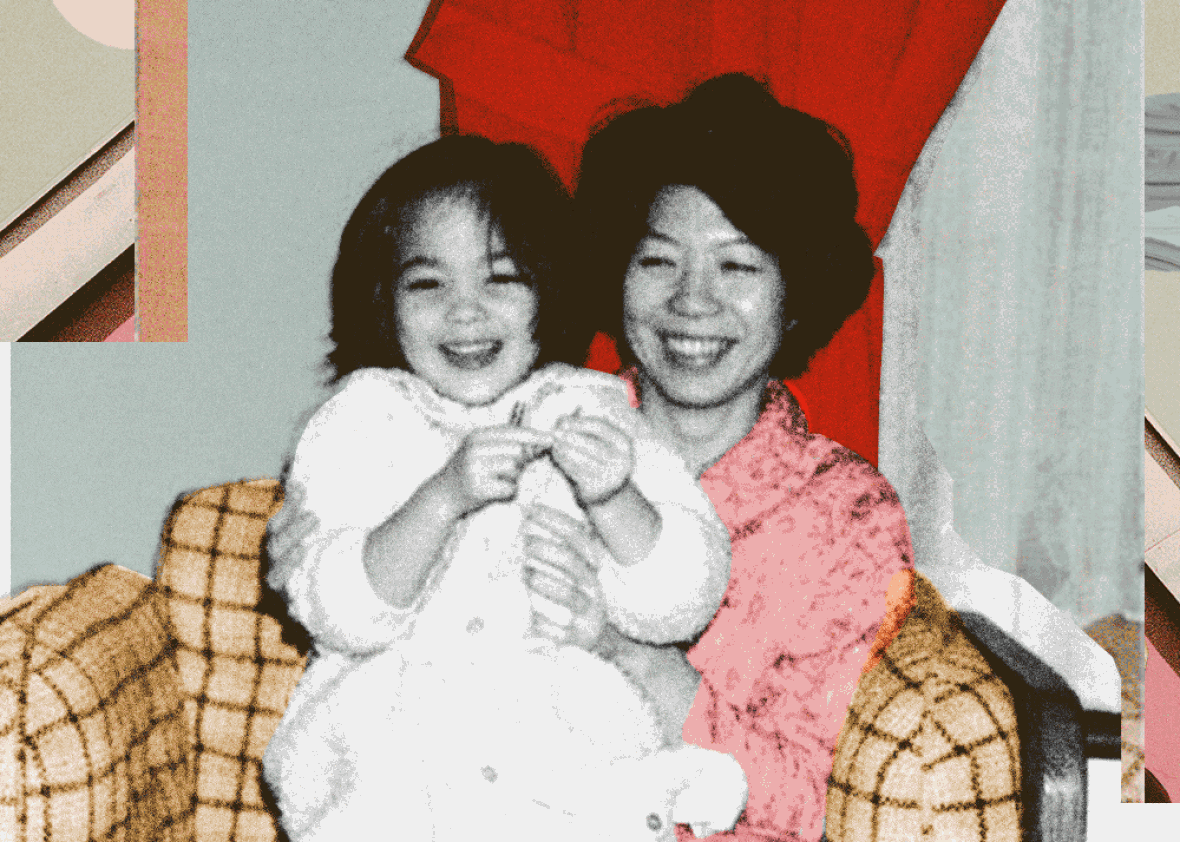Welcome to Better Life Lab, a pop-up blog about the future of work, gender, and social policy running from Mother’s Day to Father’s Day.
“Jenny, I really need you to be there for that furniture delivery,” my mother said.
If there was an extra strain in my mother’s voice, I didn’t hear it over my irritation at being called “Jenny.” Everyone on the planet had called me Jay since my father had given me the nickname at birth. My mother alone insisted her own short version of my given name, Jennifer.
The last thing I had time to do was spend half a workday waiting for a furniture delivery. I was a Washington correspondent for Time magazine. It was the spring of 2011, and I was sure that President Obama and House Speaker John Boehner were meeting in secret to negotiate a grand bargain—I just had to find the sourcing to prove it.
My parents, meanwhile, had just bought an apartment in Washington to be closer to me, so I could help with my father’s care. My mother claimed he was getting too hard for her to handle on her own, though I never saw it. Whenever I visited them in Florida, he was always setting the table, doing the laundry. He seemed fine, despite the fact that he was 10 years into an Alzheimer’s diagnosis.
I grudgingly agreed to take the furniture delivery and hung up. It was the last time I’d speak to her. Two days later, she dropped dead of a brain aneurysm, in the middle of hosting a dinner party for 14 at their home. It was the way she would have wanted to have gone: the consummate hostess, making her guests comfortable. And the surgeons said it was the death any of them would choose if they could: painless and too quick for fear.
If my mother’s death had been the quickest possible, my father’s was the slowest. Once he moved to my house, I quickly realized what my mother had been talking about. He shadowed my every move, often believing that I was my mother. He was up all night looking for her. They had slept together for more than 40 years, and the only time they’d slept apart was when she was mad at him. Now, because I wouldn’t let him sleep with me, he was convinced she was mad at him all the time. When I once relented and let him sleep on the other side of the queen-size bed in the guest bedroom, I awoke to my father spooning me, and that put an end to that.
All this time, muscle memory had allowed my father to shoot six under par on the golf course. None of his friends suspected the depth of his illness, and many didn’t even know he had Alzheimer’s. But he’d lost his driver’s license years ago, and when I handed him nail clippers and asked him to cut his toenails, he’d sliced himself so severely, I’d had to take him to the emergency room for stitches. Much of his functionality, I realized, was an illusion my parents had cultivated to fool everyone, including themselves, into believing that my father was just fine.
At their place, meanwhile, I found signs of the strain of caregiving everywhere. My father’s study looked like doomsdayers had been living there, packed with cans of food and cartons of beverages. My mom had bought out Costco. On their dot-matrix printer, I found a stack of hundreds of jokes. My father had always been the charmer, the center of their social universe; my analytical mother, worried that as he declined they were losing friends, had been trying to teach herself to be funny.
Five years later, just after my father’s death, I interviewed a former Democratic congressman from Iowa, Mike Blouin. He’d taken early retirement to care for his wife of nearly 50 years, Suzie, who’d been diagnosed with Alzheimer’s. He told me something startling: that a disproportionate number of caregivers die before the people they’re caring for—especially if, like my mother, they’re not getting any kind of support. “The stress, anxiety, tension—the heart just gives up. They become more susceptible to other diseases,” Blouin told me. “Knowing when you can’t do it any more, it just tears your heart.”
Some estimates show 30 percent of caregivers die before those they’re caring for, but that number increases to 40 percent for Alzheimer’s and dementia. And, startlingly, 70 percent of those caregivers older than 70 succumb before their loved ones.
My mother had wanted to put my father in a home, but I’d resisted, knowing he wanted to be with her. But when I took on the care for my father, I lasted only a month before I put him in an assisted living home. I couldn’t do it, and in retrospect, I marvel that—up to a point—she could.
Now, every Mother’s Day, I look back and silently thank my mother, and I regret horribly that I didn’t do more to help her when I could have. News stories come and go—the grand bargain I was anticipating never materialized—but you only have one mother. I realized far too late that mine wasn’t the indestructible force of nature I imagined her to be. For other children of caregivers, it may not to be too late to do what I didn’t: check in on your parents, and offer to help.
